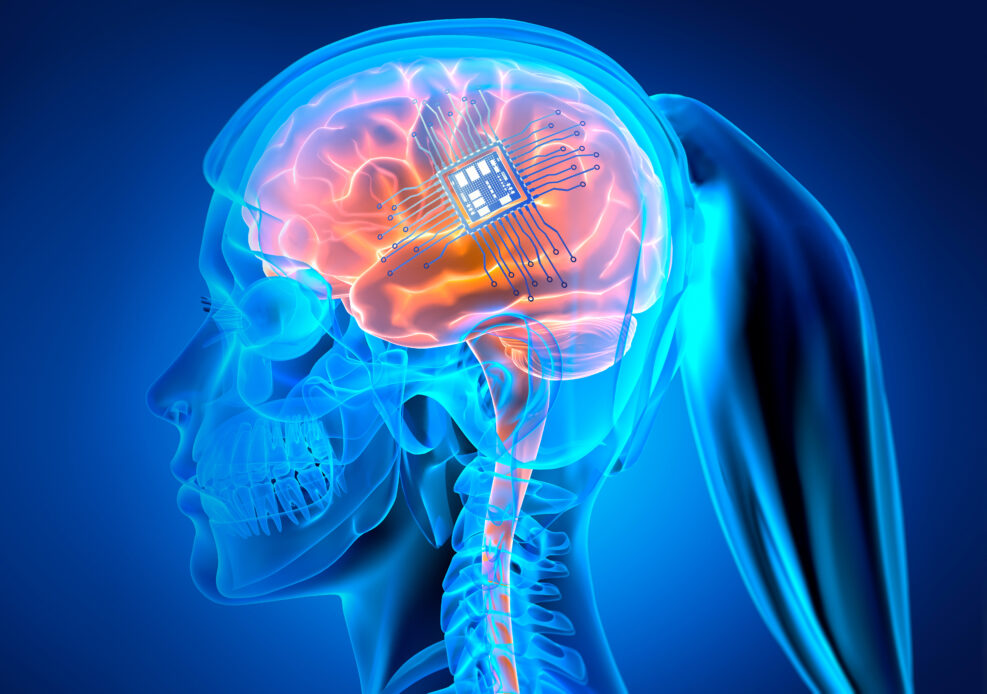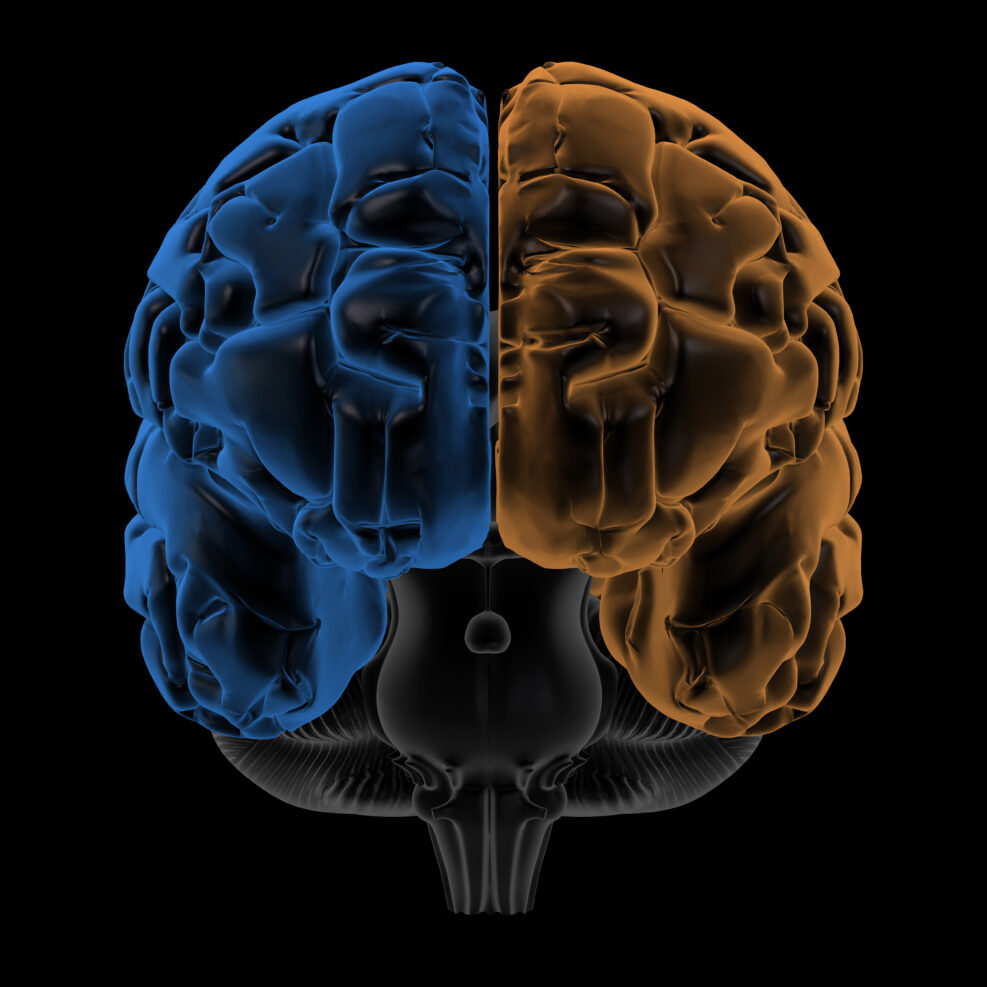
ArchiveArticles


Palliative Care Doctor: What Dying Feels Like
Although a dying person tends to spend more and more time asleep or unconscious, there may be a surge of brain activity just before death
Will You Be My Valentine, Chatbot?
It is a tragedy indeed when our loneliness as a culture has developed so far that many people see chatbot companions as one of the only way forward.
Will Apple’s Vision Pro Be the Next iPhone?
Or end up like Google Glass? With Vision Pro, in order to see anything, including the ordinary world around you, you have to use the multiple mounted cameras(This article by Texas State University engineering prof Karl D. Stephan originally appeared at Engineering Ethics Blog (February 5, 2024) and is reprinted with permission.) Back in June of 2023, Apple announced its Vision Pro, which the Wikipedia article about it calls a “mixed reality” headset. This week, in some parts of the world you can now buy your own Vision Pro—for $3,500. While this will not be an obstacle for wealthy early adopters, the rest of us will probably wait until the beta-version bugs are worked out and the price comes down. In the meantime, we can think about what this means for the future of humanity. That sounds either presumptuous or silly, but there is no question that Read More ›

Hall of Mirrors: The Many Ways Consciousness Baffles Researchers
Does consciousness have a seat at the table? Wait a minute. Isn’t consciousness the table? Or is it?
Book Banning Today: Silently … Not Like in the Old Days
Traditional anti-book banning groups are simply not where the action is and maybe don’t want to beLast week we looked at the way censorship in the age of the internet is typically invisible. It’s not the police raiding bookstores; it’s — for example — sudden downranking of posts so that information that might have reached millions of people reaches only dozens. Constantly suppressed, it can’t go viral. We can see the change more clearly if we look at the difference between how books (and other information) used to get banned and how they get banned today. Book banning before the internet When the word “book bans” is used today, it usually means something different from what it meant even a few decades ago. Ulysses, a groundbreaking work by Irish novelist James Joyce (1882–1941) was indeed banned Read More ›

How Neuroscience Disproved Free Will and Then Proved It Again
In this excerpt from Minding the Brain (2023), neuroscientist Cristi L. S. Cooper discusses the discovery of “free won’t” — the decision NOT to do something
The “Stay Human” Movement
How we can maintain human exceptionalism in an automated age
Will Deepfakes Be Used to “Show” Us That Computers Can Now Think?
As the deepfake technology advances, William Dembski wonders whether some AI zealots might try to “fake it till they make it,” Theranos-style
Is Your Mind Bigger Than the Universe? Well, Look At It This Way…
Surprisingly, there is a way to measure the mind that shows it IS bigger than the universe — informationImagine you’re sitting at home, relaxing in your favorite easy chair. Go on, kick your legs up. Feel your limbs releasing the stress of the day, starting from the extremities, and progressing up your core to your head. Now, let your mind expand. Let go of what is holding your mind down. Feel it become free, outside of everything around it. Let the feeling continue until your mind is bigger than the universe. Now consider the question: if your mind is bigger than the universe, can it be within the universe? If a ball is bigger than a bag, can it be contained by the bag? Of course not. If the mind is bigger than the universe, then it must Read More ›

Are the New Atheists Losing Their “Cool” Quotient?
And taking Darwinism with them? A look at what’s happened in the last two decades would seem to suggest that
Belief in the Soul Is Found in Every Time and Place
Substance dualism holds clearly that the soul and the body are two different types of entities
Alien Resurrection Part 4: The Good, the Bad, and the… Bizarre
In a single moment, Purvis becomes one of the most heroic characters in the entire franchise
Yes, Plants Do Communicate — But Is It a One-Way Street?
Are we straining the meaning of the term “communication” by overinterpreting what we observe?
Will Neuralink’s Brain Implant Help Paralysis Victims?
Addressing disabilities like paralysis, limb loss, and blindness seems a more realistic goal than the hyped (and feared) human–machine hybrids
Taylor Swift and the Looming Threat of Deepfakes
According to an attorney, Swift should probably go after the AI companies themselves if she decides to sue.The country-turned-pop star Taylor Swift has commanded headlines for well over a year now with her record-breaking “Eras Tour” as well as her romance with Kansas City Chiefs tight-end Travis Kelce. Unfortunately, her image has also made the rounds in AI engines. Deepfake pornography is already an emerging problem, but its seriousness resurfaced when explicit, AI-generated images of Taylor Swift went viral in late January. Only ten states currently have laws prohibiting deepfake pornography, but legislation is underway to ban it in several others, including Swift’s home state, Tennessee. According to attorney Carrie Goldberg, if Swift were to sue anyone, it would probably have to be focused on the AI companies themselves. USA Today reports, It’s possible that the faked Read More ›

Origin of Language: Still a Mystery, Despite All We Know Now
We aren’t even sure which is the world’s oldest spoken language, though Hebrew, Arabic, and Chinese have impressively long histories
How Censorship Has Changed and Why That Matters So Much
The way censorship works now, you don’t even know about it. So it is much more difficult to protest.
William Dembski: Destroy the AI Idol Before It Destroys Us
Design theorist Dembski points to the way that chess adapted to computers to become better than ever as a way forward in the age of AI